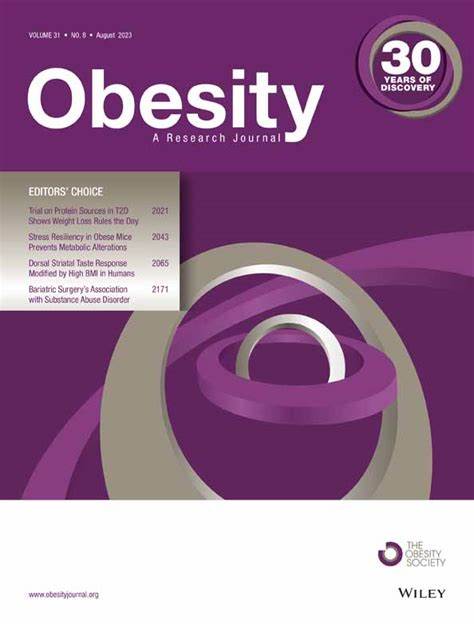The objective of this study was to explore the effects of a green Mediterranean (green-MED) diet, which is high in dietary polyphenols and green plant-based protein and low in red/processed meat, on cardiovascular disease and inflammation-related circulating proteins and their associations with cardiometabolic risk parameters.
In the 18-month weight loss trial Dietary Intervention Randomized Controlled Trial Polyphenols Unprocessed Study (DIRECT-PLUS), 294 participants with abdominal obesity were randomized to basic healthy dietary guidelines, Mediterranean (MED), or green-MED diets. Both isocaloric MED diet groups consumed walnuts (28 g/day), and the green-MED diet group also consumed green tea (3–4 cups/day) and green shakes (Mankai plant shake, 500 mL/day) and avoided red/processed meat. Proteome panels were measured at three time points using Olink CVDII.
At baseline, a dominant protein cluster was significantly related to higher phenotypic cardiometabolic risk parameters, with the strongest associations attributed to magnetic resonance imaging-assessed visceral adiposity (false discovery rate of 5%). Overall, after 6 months of intervention, both the MED and green-MED diets induced improvements in cardiovascular disease and proinflammatory risk proteins (p < 0.05, vs. healthy dietary guidelines), with the green-MED diet leading to more pronounced beneficial changes, largely driven by dominant proinflammatory proteins (IL-1 receptor antagonist protein, IL-16, IL-18, thrombospondin-2, leptin, prostasin, galectin-9, and fibroblast growth factor 21; adjusted for age, sex, and weight loss; p < 0.05). After 18 months, proteomics cluster changes presented the strongest correlations with visceral adiposity reduction.
Proteomics clusters may enhance our understanding of the favorable effect of a green-MED diet that is enriched with polyphenols and low in red/processed meat on visceral adiposity and cardiometabolic risk.



